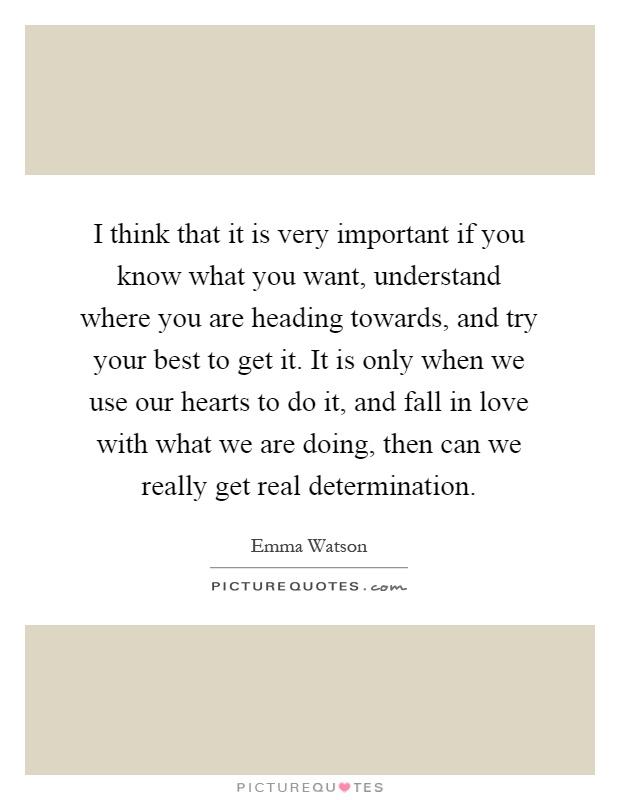Title: Can Mauritania Break Free from the Cycle of Ineffective Dialogue?
As Mauritania stands at a pivotal moment in its political journey, the prospect of initiating yet another round of dialogue emerges amid lingering skepticism. Previous discussions have often ended without tangible outcomes, leaving deep-rooted issues unresolved. The nation grapples with entrenched political divisions, persistent socio-economic hardships, and an increasing demand for systemic reform. With mounting pressure from both domestic civil society groups and international stakeholders, a pressing question arises: is it possible for Mauritania to cultivate a dialogue that moves beyond rhetoric and delivers substantive progress? This analysis explores the current state of affairs, reflects on past shortcomings, and proposes actionable strategies to foster more effective communication among all parties involved.
Understanding Mauritania’s Political Challenges
Mauritania’s political environment is marked by complexity and tension as various factions vie for influence amid widespread societal challenges. The repeated failure of previous negotiation efforts has sown doubt about the willingness of key actors to engage sincerely. Without authentic dedication from all sides, meaningful progress remains elusive. Several critical issues demand urgent attention:
- Ethnic Fragmentation: Long-standing historical disputes continue to deepen societal rifts.
- Economic Inequality: High poverty rates fuel dissatisfaction and unrest across communities.
- Lack of Transparent Governance: Corruption scandals erode public confidence in institutions.
Addressing these multifaceted problems requires leaders who prioritize inclusivity and openness. Drawing lessons from recent developments in African democracies-such as Zambia’s emphasis on grassroots engagement during President Hichilema’s administration-Mauritania must create spaces where marginalized voices are heard alongside established political figures. Mechanisms like independent oversight bodies, open forums for debate, and consistent communication channels can help rebuild trust between citizens and their government.
| Approach | Main Goal |
|---|---|
| Broad-Based Inclusion | Ensure participation from all ethnic groups and social classes. |
| Tackling Corruption Head-On | Create transparent systems that hold officials accountable. |
| Sustainable Economic Policies | Narrow wealth gaps through targeted development programs. |
Building Frameworks for Constructive Dialogue in Mauritanian Politics
For dialogue to be genuinely transformative within Mauritania’s governance structures, it must embrace diversity in participation while fostering transparency throughout the process. Engaging youth organizations, women’s groups, civil society activists-and not just traditional power brokers-ensures a richer exchange of ideas reflecting the country’s varied realities.
Key methods include:
- Community-Level Conversations: Ground discussions within local contexts to address specific grievances effectively.
- Digi-Engagement Platforms: Harness social media tools and virtual forums to involve younger demographics beyond urban centers.
itemTraining Skilled Mediators: Investing in facilitators adept at managing sensitive topics helps maintain focus during complex negotiations.
Moreover, addressing foundational causes rather than surface symptoms is essential if dialogues are to avoid repetition without resolution. Tackling economic disparities, ethnic discord, and governance flaws head-on can shift conversations toward sustainable solutions. A strategic framework might look like this:
| Main Concern | Thematic Focus During Talks | Aspired Results |
|---|---|---|
| Poverty & Wealth Gaps | Economic Resource Allocation | A Fair Distribution Model That Benefits All Communities |
| Cultural & Ethnic Divides | Diversity & Inclusion Policies | A Cohesive National Identity Embracing Differences |
Restoring Trust: Key Steps Toward Effective Political Engagement in Mauritania
Trust forms the cornerstone upon which any successful dialogue must be built within Mauritanian society today. Achieving this demands clear communication channels where citizens feel empowered to express concerns openly without fear or hesitation.
Practical initiatives include:
- Sponsoring regular community town halls focused on pressing national issues;
- Establishing watchdog committees inclusive of civil society representatives;
- Publishing transparent reports detailing government actions accessible via multiple media formats;
< /ul >Collaborations with grassroots organizations further enhance legitimacy by bridging divides between authorities and everyday citizens.
An effective trust-building model could incorporate:
< tr >< th >Step< / th >< th >Description< / th >
Joint Problem-Solving Workshops< / td > Bringing diverse stakeholders together to co-develop practical solutions tailored locally.< / td > < td >Continuous Feedback Mechanisms< / td >< td >Creating iterative loops allowing policy refinement based on community input.< / td > < tbody >
Conclusion: Charting a New Course for Dialogue in Mauritania
As Mauritania confronts its intricate socio-political realities amidst growing calls for reform nationwide,the challenge remains whether future dialogues will break free from cycles marked by stagnation.The population’s appetite for genuine change combined with pressures facing leadership internallyand externally heightens stakes considerably.Successful negotiations will hinge not only on participants’ commitment but also their readinessto authentically engage with citizen concerns.In this decisive period,the hope persists that constructive discourse can nurture unityand propel national advancement.Recent examples such as Senegal’s democratic resilience offer encouraging models demonstrating how inclusive processes strengthen regional stability.Watchers both insideand outside Africa will keenly observe whetherMauritania seizes this opportunityto transform its political narrative into one defined by cooperation,inclusiveness,and lasting peace.The coming months promise critical developments shaping West Africa’s future trajectory.







